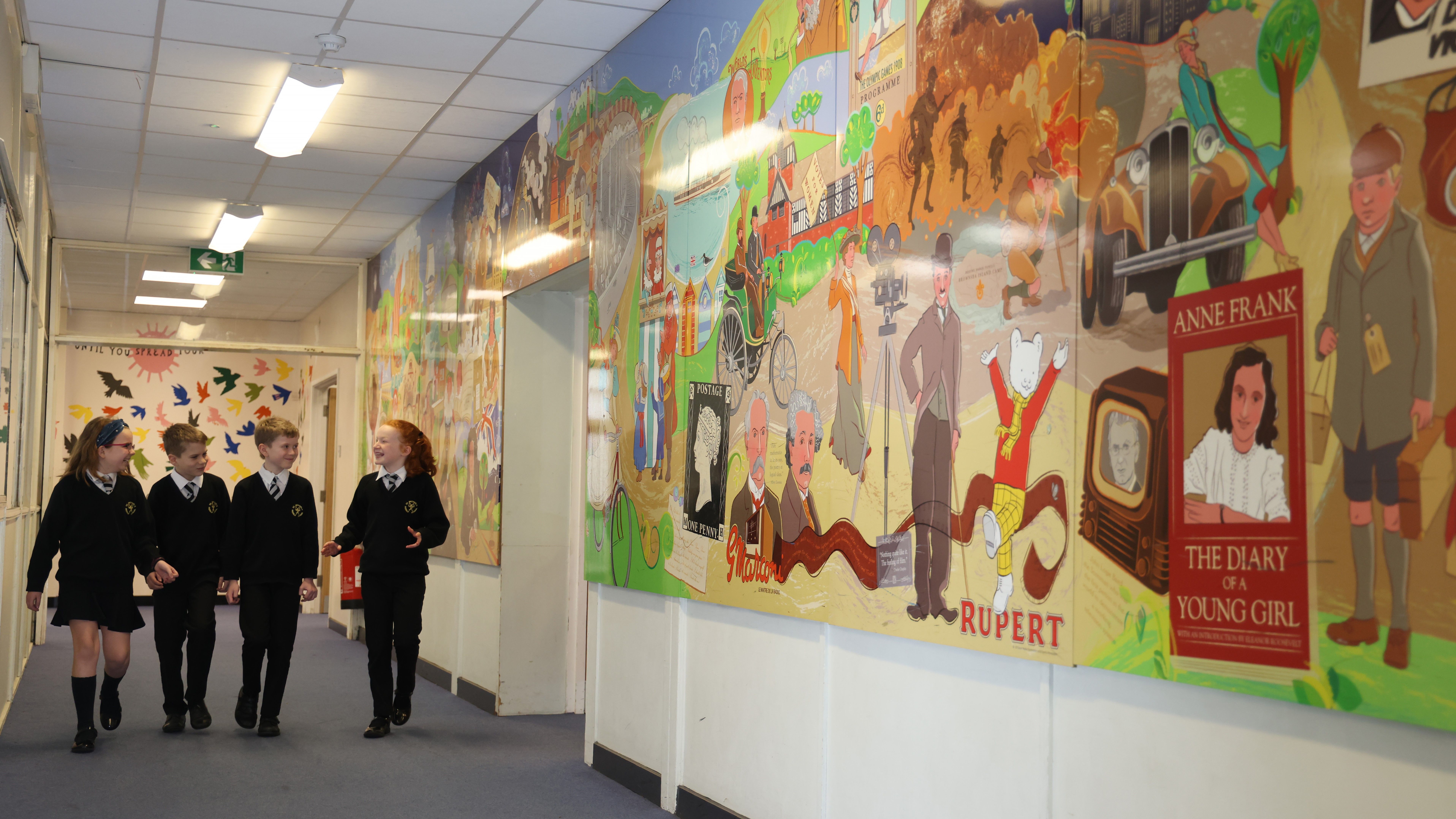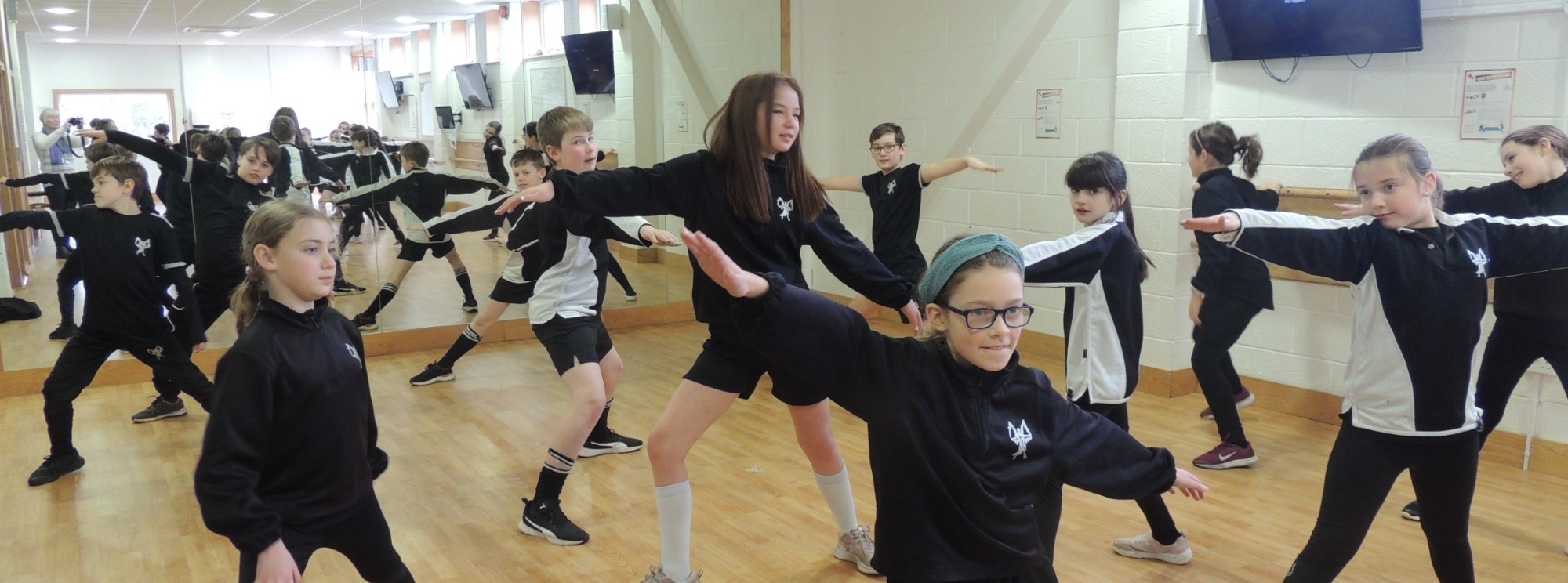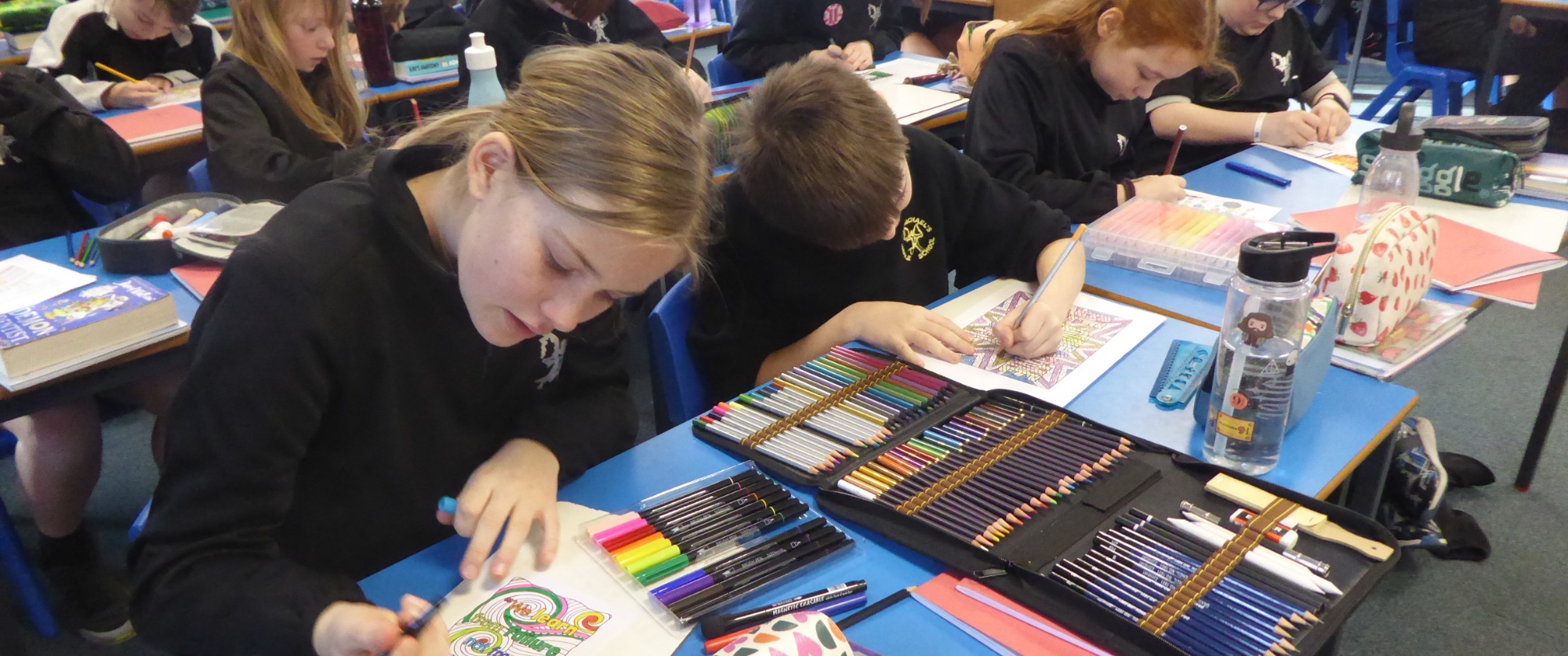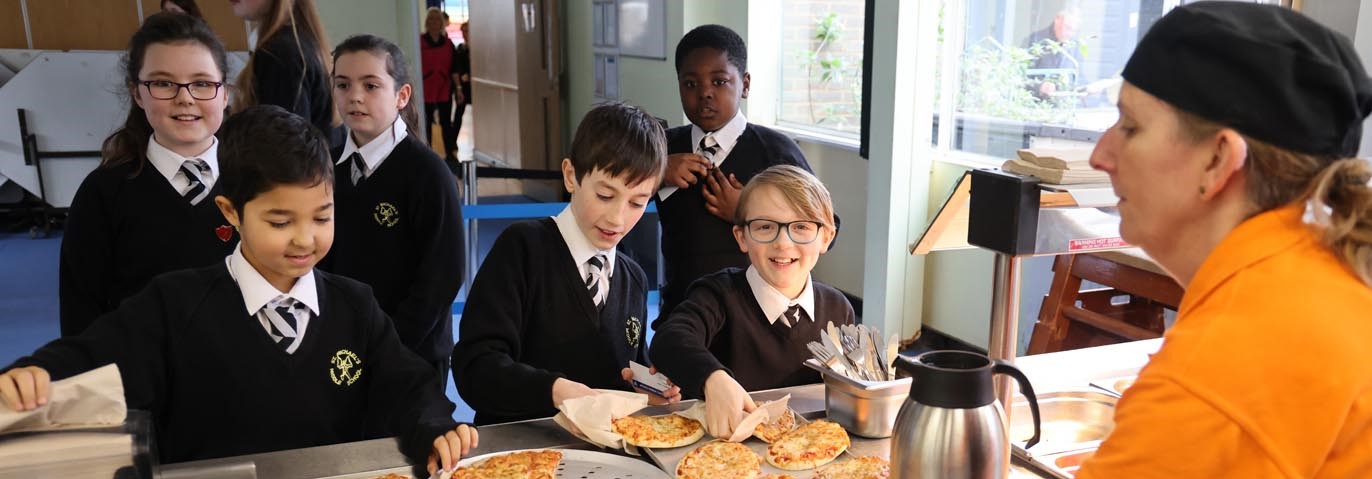Computer Science
In computing and ICT we aim to develop learners who are capable and safe users of information, communication and technology systems.
Subject Statement
We aim for all student’s to become competent user’s and with most becoming effective creators and developers
- Digital Literacy including eSafety – using computers effectively – networks, software and online services
- Creative Media – both in re-using / re-purposing assets and to be original creators
- Computer Science – know the fundamental principles of computer science and data representation
- Real World Computing – know about relevant features of computer hardware and software to the extent of being able to make effective choices to meet requirements
- Coding – be able to implement and develop algorithms to achieve an end result, solve problems, debug code – initially using block coding but also to with textual based languages
- Become effective problem solvers who are starting use computation thinking when designing solutions
Core Values
Computing builds ASPIRATION by:
Observing and aspiring to achieve an end product such a program or digital creation.
Encouraging learner’s to aim high and work towards a goal.
Computing builds BELIEF by:
By developing sequential knowledge. understanding and skills to enable belief that difficult concepts and skills can be mastered through study.
Computing builds CREATIVITY by:
By providing up to date systems capable of supporting learners with effective hardware and software facilities.
By providing regular opportunities for students to demonstrate what they know, understand and can do.
Wider British Values
St Michael’s is a Church of England school that believes that supporting children’s development of character and values, including the sorts of values that are shared commonly by British people, is an essential part of equipping young people to thrive as citizens in the world of the future.
- Children’s technological abilities and impact can be greater than their maturity and judgment. Having unrestricted access to information and people can result in gaining a wealth of information and experiences but also access to inappropriate content. Just as children learn to eat properly, swim safely, or drive a car carefully, they need to know how to live and make a positive impact in the digital world responsibly and respectfully.
Computing actively helps students to appreciate and participate fully in life in modern Britain and the digital society/information age by:
- Providing students with the opportunity to be reflective about their own beliefs and perspectives on life, and the extent to which they are the same as/different to others’ faith, feelings and values and even legislation across the world.
- Offering reasoned views about moral and ethical issues, and appreciating the viewpoints of others.
- Encouraging enjoyment and fascination in learning about the world around them.
- Providing scenarios and opportunities for discussion about the difference between right and wrong, understanding that actions have consequences, and applying this in their own lives by respecting the laws such as the data protection act, copyright act and computer misuse act
- Through in-class and online collaborative approaches to undertaking tasks, students learn to cooperate well, celebrate diversity and resolve conflicts effectively.
- Pupils have the opportunity to work independently and as a team to build resilience and self-esteem through challenging and relevant tasks
- Developing understanding and appreciate the history, heritage and wide ranging cultural influences that underpin our modern computer and communication systems and our rules or online etiquette.
- Understand the history and development of computer science in Britain and the people have contributed to it development.
- Understand how modern digital communications have allowed to ‘man on the street’ to stand up to injustice. Recognise that this is reflected in more benign rating systems such as those for quality, service and how good ratings can make or break businesses
Where it all fits in
If you are working well in this subject these are the skills, knowledge and understanding you are learning:
- Algorithms
- Programming & Software Development
- Data Representation
- Computer Systems - Hardware and Software
- Data Analysis, Storage and Manipulation
- Networks & Communication
- Computers in Society
- Communication and the Internet
- Cybersecurity and Staying Safe Online
- Ethical, Legal and Environmental Impact of digital technology on society
If you like this subject, then these are some of the specialist jobs you can go on to:
- Application analyst
- Software Developer
- Cybersecurity analyst
- Data analyst
- Database administrator
- Forensic computer analyst
- Games developer
- Information systems manager
- IT consultant
- Multimedia programmer
- Computer security consultant
- SEO Specialist
- Software engineer
- Systems analyst
- UX designer
- Web designer
- Web developer
- Network Engineer
Jobs where good IT subject ability would be useful include:
- IT sales professional
- IT trainer
- Social media manager
- Web content manager
- Computer Sales Support
- IT Technical Support
Typical employers
Common employers are IT consultancies and IT service providers. However, as most businesses rely on computers to function effectively, there are also opportunities within the IT departments of major organisations in sectors such as:
- aerospace and defence
- agricultural
- financial services
- healthcare
- manufacturing
- public and third sectors
- retail
- telecommunications.







